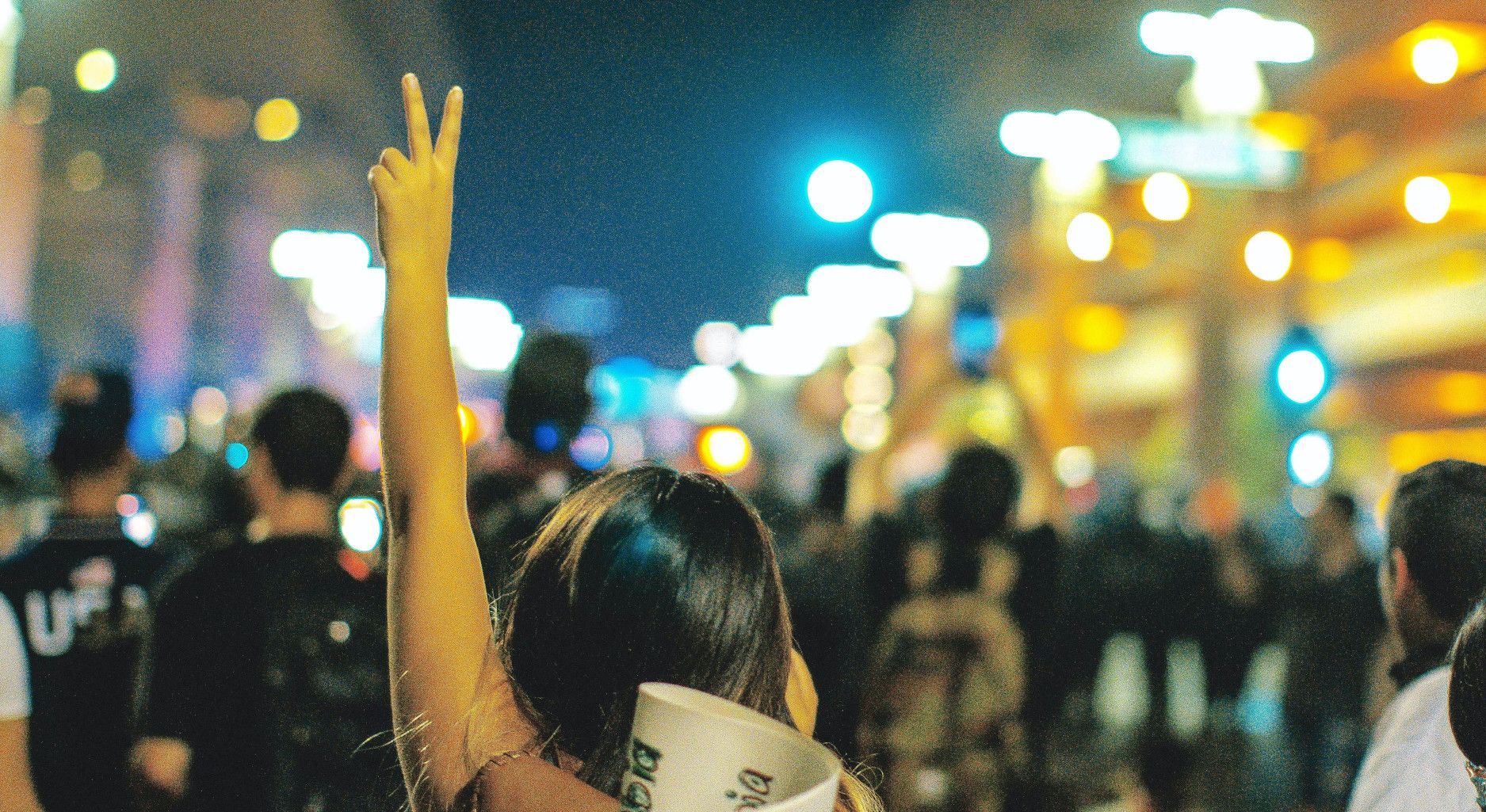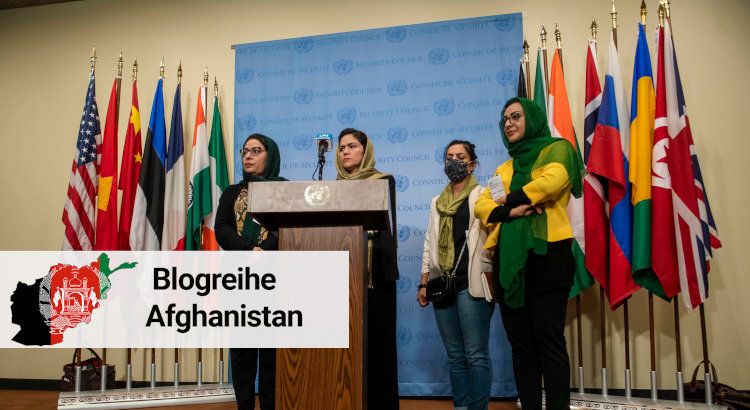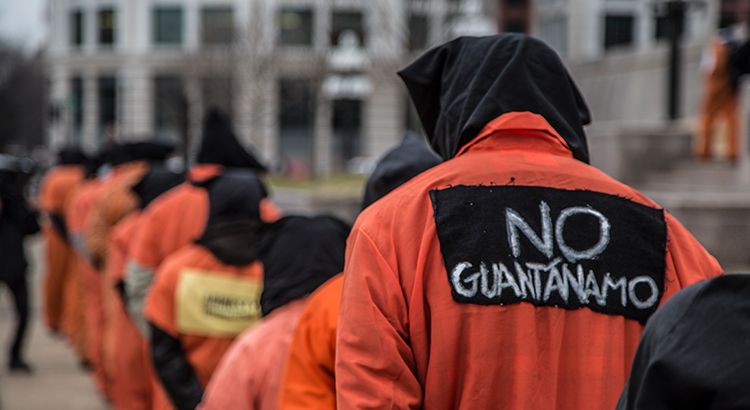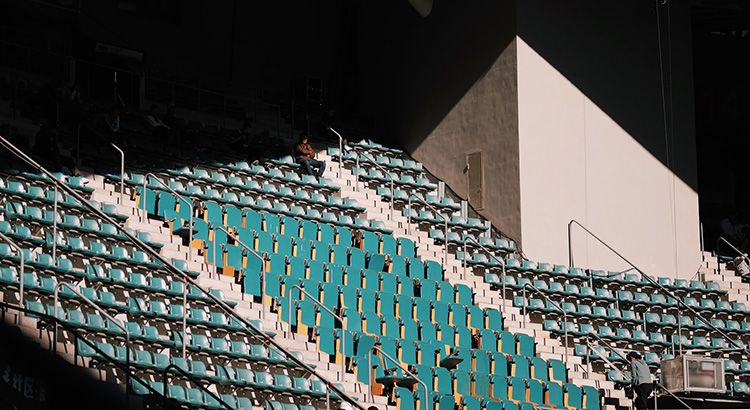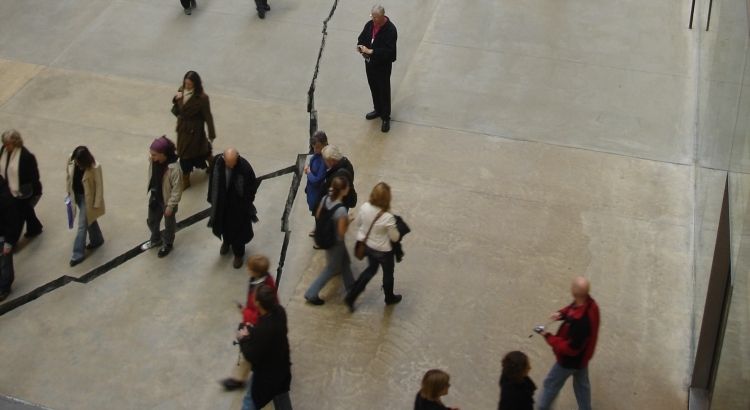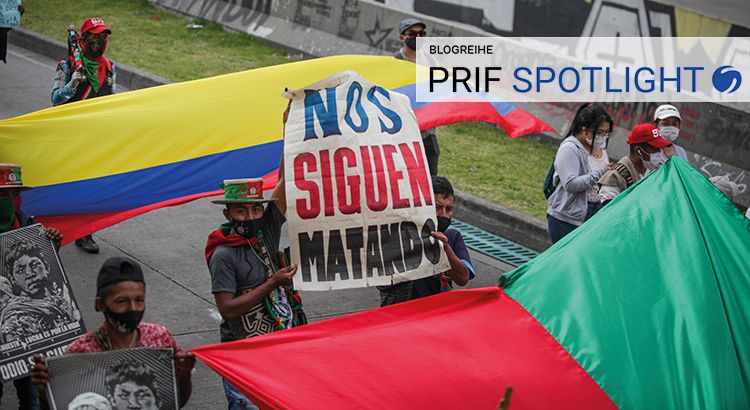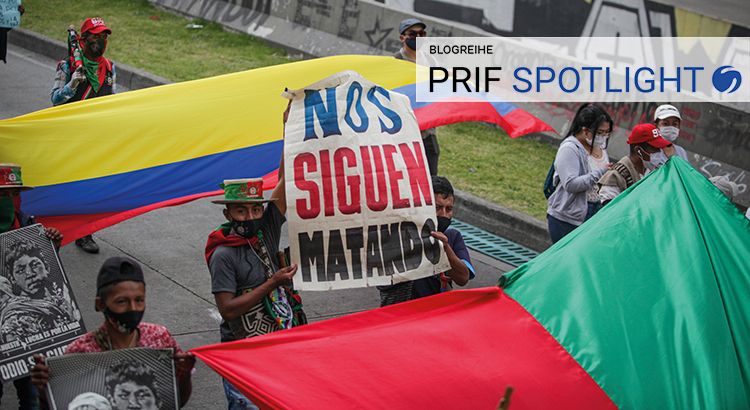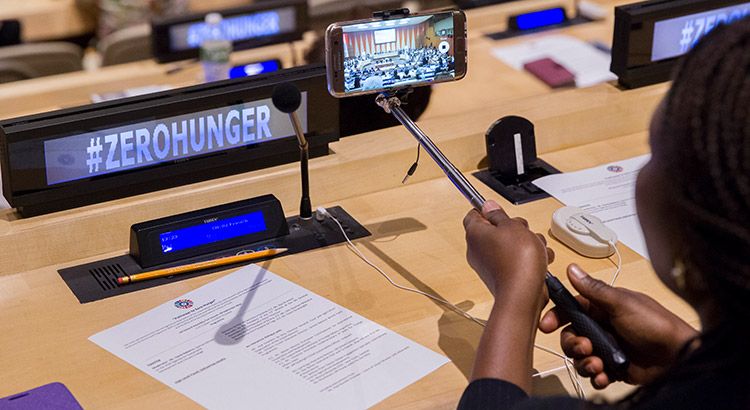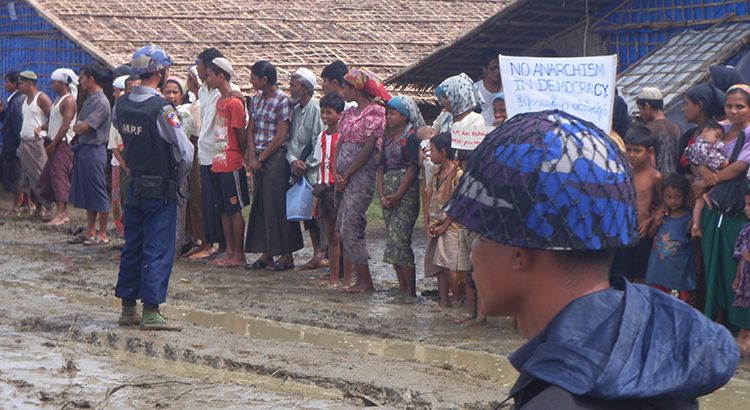Tag: Human Rights
Feministische Perspektiven in der Friedens- und Konfliktforschung konzentrieren sich auf...
Acting upon Afghan women’s appeals to inclusive peace
After twenty years of “war on terror” the Taliban took power in Afghanistan on August 15th,...
A Guantánamo in Syria for European Jihadists is not a Solution
Despite previous European calls for the US to close Guantanamo Bay detention camp, established...
Olympische Spiele in Peking 2022 – Diplomatischer Boykott für mehr Menschenrechte?
Am 4. Februar 2022 beginnen die Olympischen Winterspiele in China. Einige Länder haben einen...
Flüchtlingsschutz muss Grenzschutz weichen: Zum Vorschlag der EU-Kommission zur Reform des Schengen-Systems
Im Dezember legte die EU-Kommission einen Gesetzentwurf zur Reform des Schengen-Systems vor. Was...
Why not to deport suspected ‘terrorists’ to Syria: a security perspective
In their meeting in December 2020, German interior ministers decided not to prolong the general...
The Political Logic of Violence. The Assassination of Social Leaders in the Context of Authoritarian Local Orders in Colombia
Ever since the conclusion of the peace deal between the Colombian government and FARC guerrilla...
Die politische Logik der Gewalt. Zur Ermordung sozialer Aktivist*innen im Kontext autoritärer lokaler Ordnungen in Kolumbien
Seit dem Abschluss des Friedensabkommens zwischen der kolumbianischen Regierung und der...
Foodies of the World Unite: World Food Day Reminds us to Politicize Nutrition
16 October is World Food Day. This year, spotlights are guaranteed because the United Nations...
Hate speech in the context of mass atrocity crimes: How social media platforms help and hinder international criminal investigations
The May 2020 arrest of Félicien Kabuga brought an end to a manhunt spanning 26 years and two...
